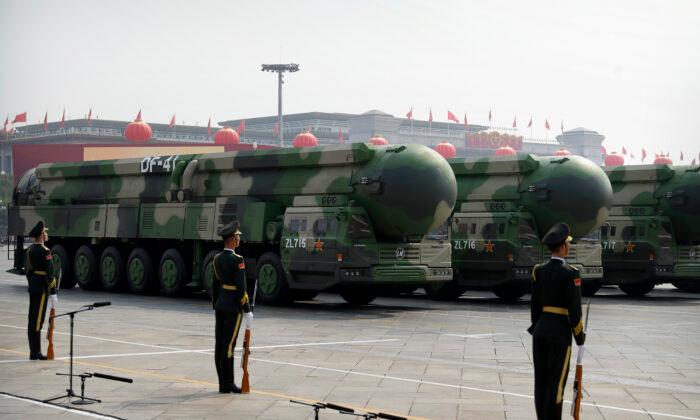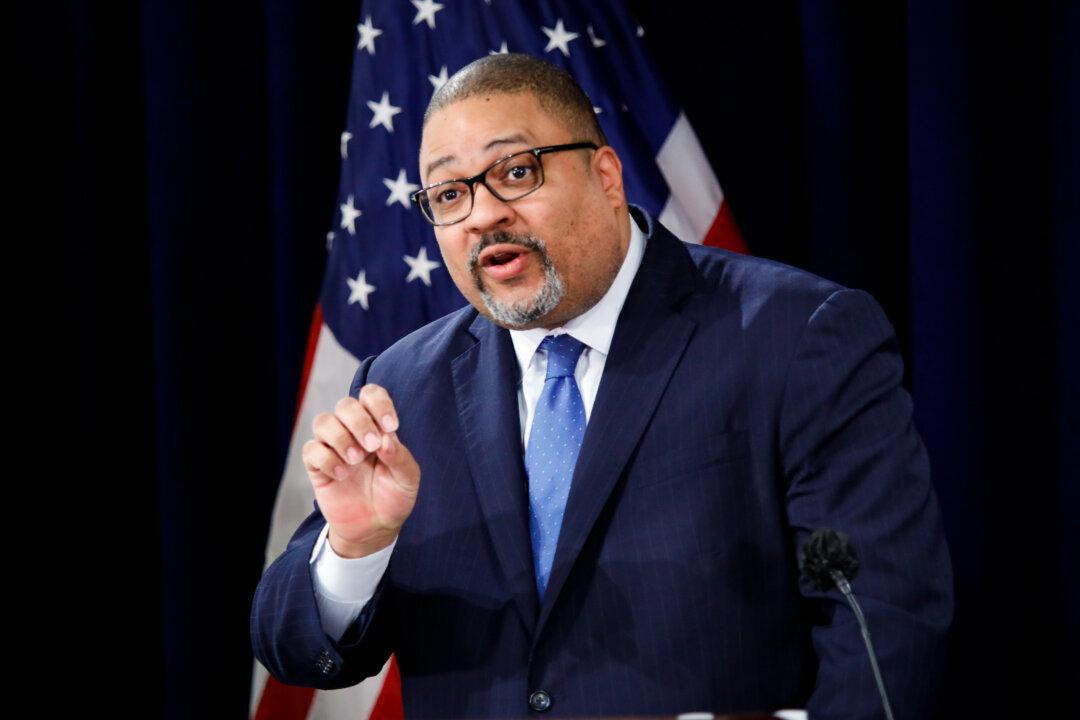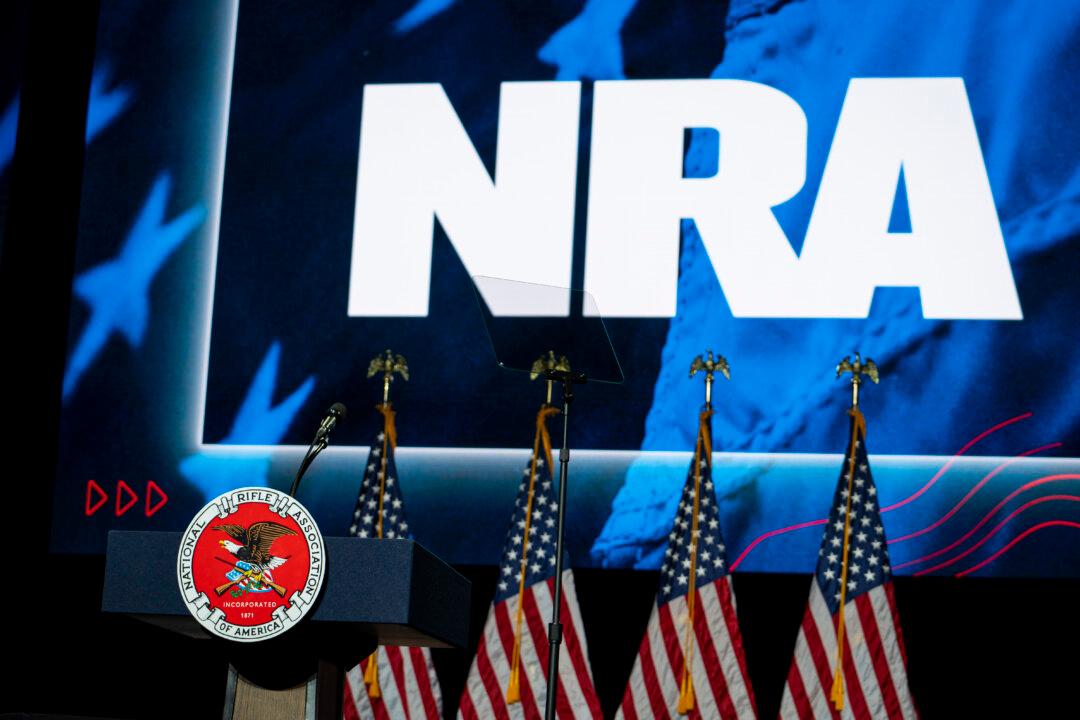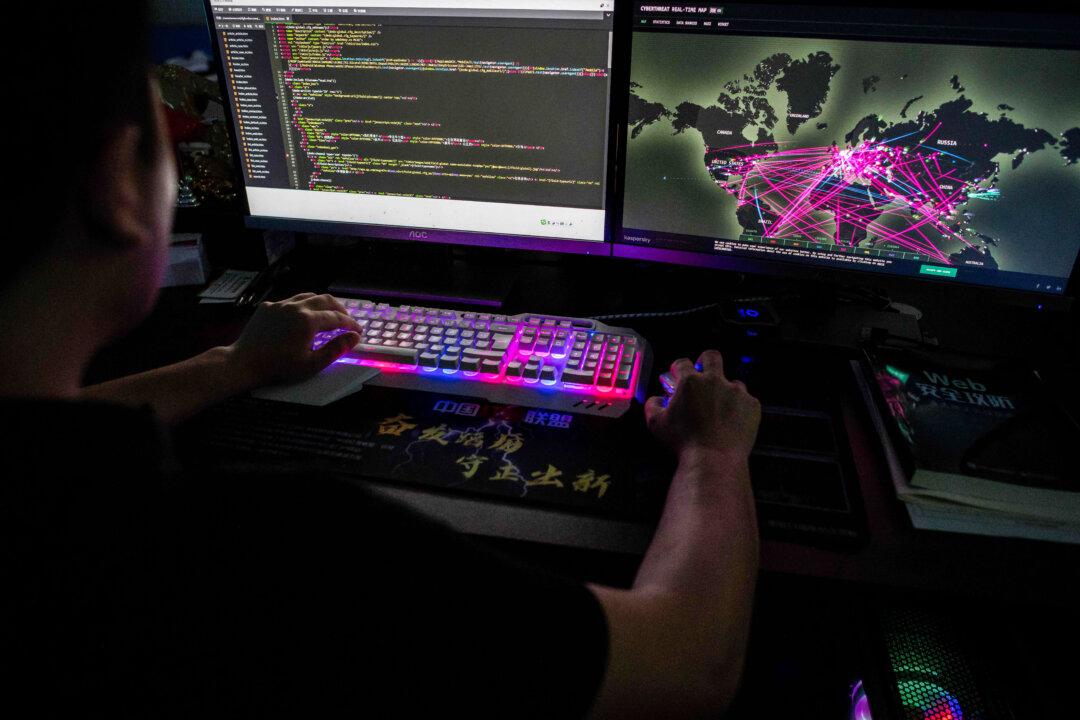As The Epoch Times has previously reported, officials in the Chinese Communist Party knew that the virus had appeared in Wuhan in early December but concealed this vital information and the true scale of the outbreak, arresting those who tried to warn of the danger and employing the regime’s rigorous censorship to prevent media coverage and to delete any mentions from social media.
Although the State Department’s report doesn’t provide specific proof that China is violating the international ban on nuclear tests, it cites actions that “raise concerns” that it might not be complying with the “zero-yield” nuclear weapons testing ban. Those concerns stem from a “high level of activity” that China had maintained at its Lop Nur site in 2019, while officials said it could be preparing to operate it year-round.
It also mentioned China’s use of explosive containment chambers, extensive excavation activities at the site, and lack of transparency as further red flags.
“China’s possible preparation to operate its Lop Nur test site year-round, its use of explosive containment chambers, extensive excavation activities at Lop Nur, and lack of transparency on its nuclear testing activities—which has included frequently blocking the flow of data from its International Monitoring System (IMS) stations to the International Data Center operated by the Preparatory Commission for the Comprehensive Nuclear-Test-Ban Treaty Organization—raise concerns regarding its adherence to the ‘zero yield’ standard adhered to by the United States, the United Kingdom, and France in their respective nuclear weapons testing moratoria,” the report said.
The report went on to cite further concerns about China’s possible violation of the Biological Weapons Convention (BWC) by engaging “in biological activities with potential dual-use application.” It noted that “the United States does not have sufficient information to determine whether China eliminated its assessed biological warfare (BW) program, as required under Article II of the Convention,” due to its lack of openness and transparency.
“The United States continues to note that the voluntary BWC CBM declarations China has submitted have neither documented that offensive program, nor documented that China has eliminated the program or any remaining biological munitions in accordance with Article II of the BWC,” the report said.
Tests with any level of nuclear-explosive yield were forbidden in 1996 by the Comprehensive Nuclear Test Ban Treaty, which China and the United States signed and say they are abiding by. However, neither country has ratified the treaty, and, partly as a result, the agreement has not come into force.
A spokeswoman for the Comprehensive Test Ban Treaty Organization, which verifies compliance with the pact, told The Wall Street Journal there had been no interruptions in data transmissions from China’s five sensor stations since the end of August 2019 following an interruption that began in 2018.
Data transmissions were interrupted previously, she said, but that was the result of the negotiating process between the CTBT organization and the Chinese regime on arrangements for putting the stations in operation.
The State Department’s report comes as President Donald Trump intends to open nuclear arms talks with Beijing in the hope of negotiating a new deal that also includes Russia and covers all nuclear weapons. The new deal would replace the 2010 New START treaty between Washington and Moscow that expires next February.
China, estimated to have about 300 nuclear weapons, has repeatedly rejected Trump’s proposal, arguing its nuclear force is defensive and poses no threat. But Beijing’s military buildup in the Asia-Pacific region has alarmed U.S. allies and policymakers.






Friends Read Free